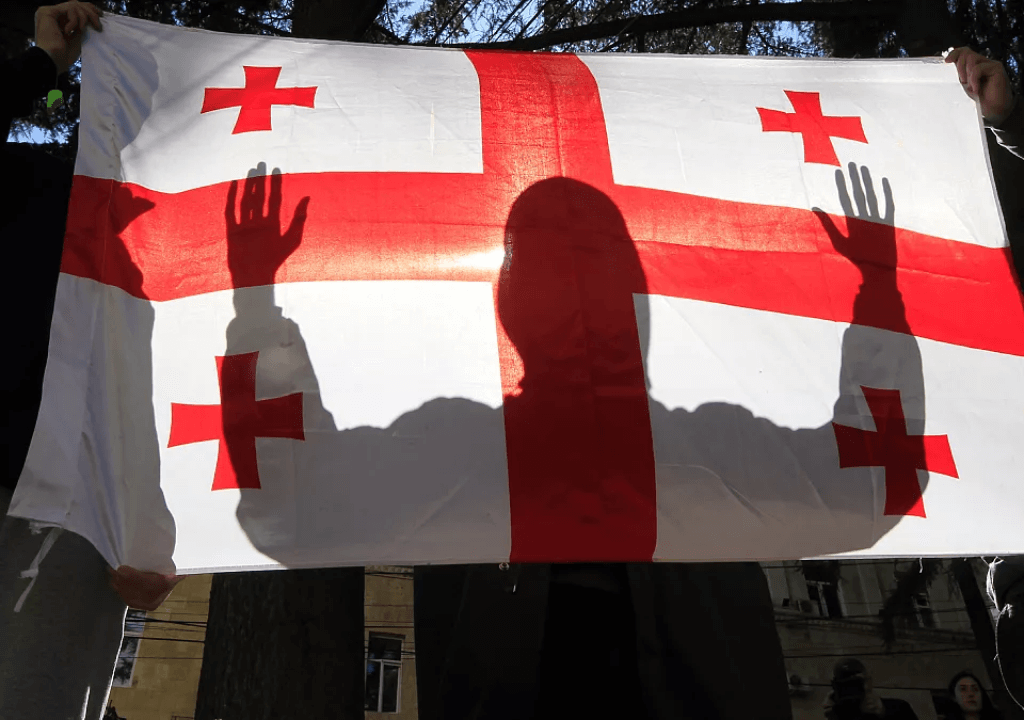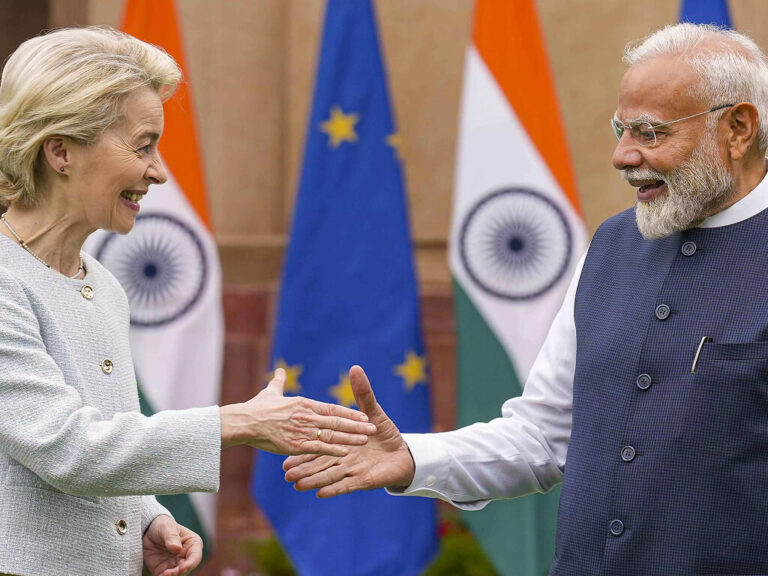Georgia, a southern Caucasian country geographically located at the crossroads of Asia and Europe, is one of the latest candidate members of the European Union. The country, which was long under the Soviet Union and is the birthplace of the famous Soviet dictator Joseph Stalin, is now joining the pro-Europe movement in Eastern Europe. Georgia suffered humiliation during the war against Russia in 2008, resulting in the loss of territory, including Abkhazia and South Ossetia. Doubt among people towards Russia is further exacerbated in light of Russia’s invasion of Ukraine and Armenia’s humiliation in the war with Azerbaijan. From the protests in support of Ukraine to the recent celebration of Euro qualification, events have served as venues for pro-European sentiment. However, the government of Georgia and several prominent leaders are not willing to break away from their Soviet and pro-Russian past. The Georgian parliament recently passed a new Foreign Agents bill that highly resembles or mirrors Russia’s democratic bill aimed at restricting people from accessing information. During the Soviet era, this was one way of keeping knowledge under government control. But, of course, this has dealt a significant blow to this West Asian nation’s path to the European Union.
Georgian lawmakers’ passing of a controversial Foreign agents bill, igniting fresh street protests. The ruling Georgian Dream party, which has a majority in the parliament ,voted 78 to 25 to advance the draft of Foreign Agents bill for further debate. Thousands of people gathered in front of the Georgian parliament building in Tbilisi, causing traffic disruptions on the capital city’s main road. Opposition to the legislation wasn’t confined to the streets; even the country’s president spoke out against it. Georgia’s president, Salome Zurabishvili, who is at odds with the ruling party, condemned the move as “Against the will of the population”. The proposed law, if adopted, would require any independent media outlet or NGO receiving more than 20 percent of its financing from abroad to register as an “Organization pursuing the interests of a foreign power”. This represents a departure from last year’s bill, which used the term “Agent of foreign influence”. Following widespread protests last year, the ruling party was compelled to rescind the similar bill.
The law contradicts the democratic reforms that the EU asserts Tbilisi must enact to progress on its path to EU membership. The EU has previously implored Tbilisi not to proceed with the Foreign agents bill. “The draft law on transparency of foreign influence is not aligned with Georgia’s EU aspirations and its accession trajectory”, remarked European Council President Charles Michel on Tuesday, echoing Brussels’ criticism of the bill. Furthermore, he emphasized that instead of bringing Georgia closer to the EU, the draft bill would distance it. He continued to express that the rights to freedom of expression and association would be directly threatened by the new law. Last December, the EU granted Georgia official candidate status but stipulated that Tbilisi must reform its judicial and electoral systems, diminish political polarization, enhance press freedom, and limit the influence of oligarchs before membership negotiations can commence formally. But it looks like Georgia is working against the directions.
Opposition parties and civil society activists argue that the mechanism for this takeover is being facilitated by Georgia’s ruling party, Georgian Dream. Despite ostensibly seeking EU membership, the party is seen to be aligning more closely with Moscow. Video footage was trending in which the head of the parliamentary group of the ruling Georgian Dream party and a major supporter of the Foreign Agents Bill, was punched in the face by opposition MP Aleko Elisashvili while delivering a speech from the dispatch box. Leading players in Georgia’s national men’s football team, the new national heroes, have also voiced their support from the public. They have backed mass protests sparked by a Foreign agents bill criticized for mirroring a repressive Russian law. They wrote: “Georgia’s path is to Europe. The European way unites us!! Forward to Europe!! Peace to Georgia” .
Georgia, which was formerly regarded as spearheading the democratic transition among the former Soviet states, has come under fire recently for what is thought to be a democratic regression. This further adds to the doubts for the leaders of Georgia, as they risk their dreams of joining the euro by pushing for Russian-type laws. In addition to losing territory, they are maintaining friendlier relations with Russia. As a former Soviet republic, Georgia has sought for years to deepen relations with the West, but the current ruling party is accused of attempting to steer the Black Sea nation towards closer ties with Russia.








